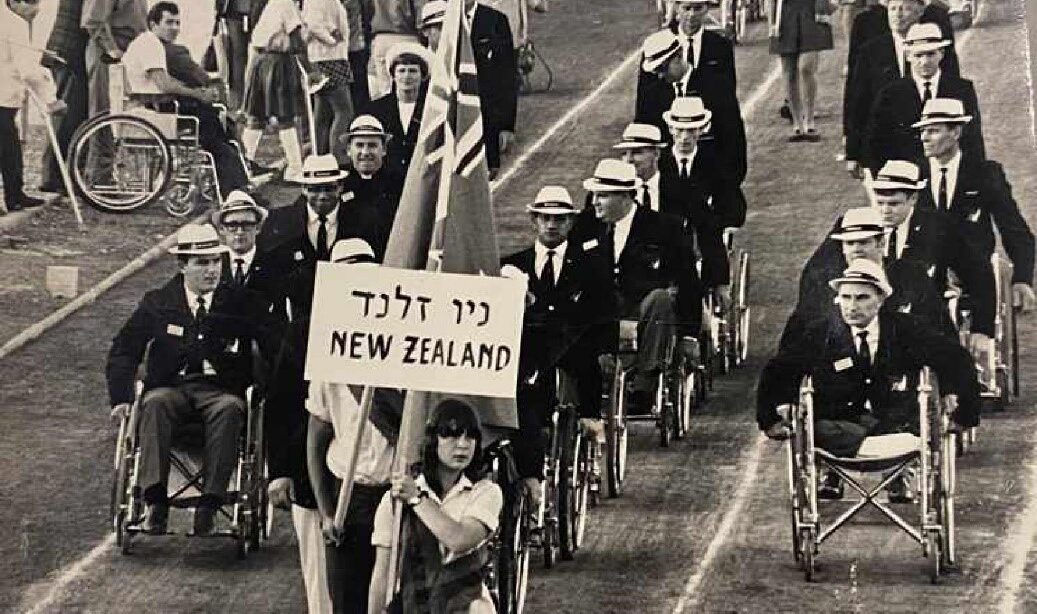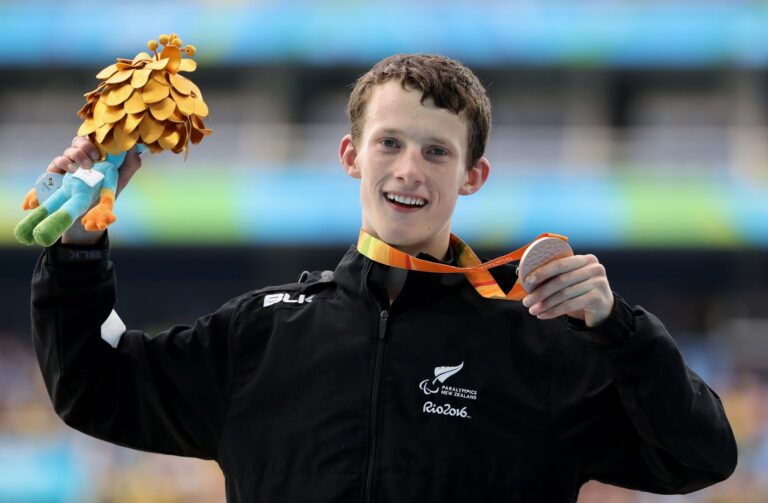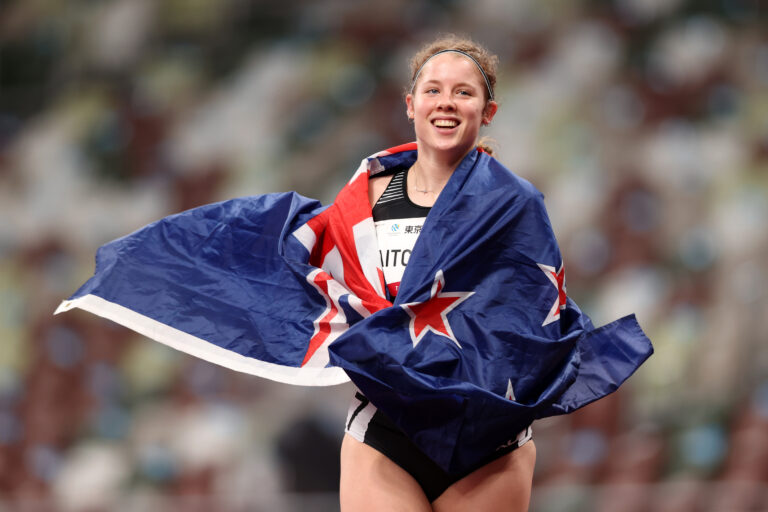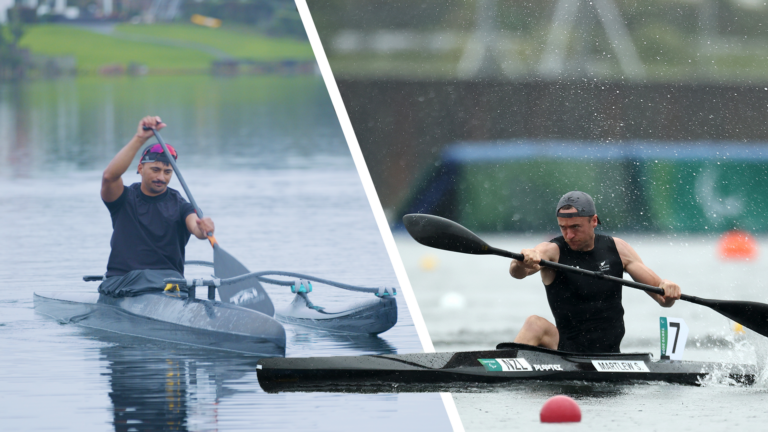We are often asked about the history of the Paralympic Games and where the first Paralympic Games were held so we wanted to answer that question as well as taking a more in-depth look at the first ever Paralympic Games for New Zealand.
The first Paralympic Games
The first ever Paralympic Games were held in Rome, Italy, in 1960. Taking place soon after the conclusion of the Olympic Games, the Olympic-style games for disabled athletes attracted 400 participants from 23 countries, who competed in 8 sports.
Taking place every four years in the same year as the Olympic Games, the Paralympic Games have since grown into one of the world’s biggest sport events, with a track record for driving social inclusion.
Whilst the first ever Paralympic Games were held in the same city as the Olympic Games, that has not always been the case. Following the Tokyo 1964 Olympic and Paralympic Games, the Paralympic Games were held in different cities from the Olympic Games, including the first Paralympic Winter Games, which were held in Örnsköldsvik, Sweden in 1976.
It wasn’t until Seoul 1988 Paralympic Games (summer) and Albertville 1992 Paralympic Winter Games when the two Games once again came together in the same country and it has been that way ever since.


History of the Paralympic Games
Whilst the first official Paralympic Games were held in Rome in 1960, the Paralympic Movement started much earlier in 1948 when a German neuroscientist called Sir Ludwig Guttmann organized a sporting event for 16 injured World War II veterans at Stoke Mandeville in the UK. The event was held on the same day as the opening ceremony of the London 1948 Olympic Games and following the initial event in 1948, the ‘games’ grew in popularity and in 1952, injured veterans from the Netherlands also took part.
Read more about the history of the Paralympic Games.
New Zealand’s first Paralympic Games
Eight years after the first Paralympic Games, New Zealand’s first Paralympic Team competed at the Tel Aviv 1968 Paralympic Games in Israel. The New Zealand Paralympic Team included 15 Kiwi Paralympians – 14 male and 1 female competing in 7 Para sports.
Whilst the Tel Aviv 1968 Paralympic Games are recognised as the third official Paralympic Games, at the time, they were organized under the guidance of the International Stoke Mandeville Games Federation (ISMGF) and were known at the time as the 17th International Stoke Mandeville Games.

The Tel Aviv 1968 Paralympic Games were originally planned to be held alongside the 1968 Summer Olympic Games in Mexico City, however in 1966, the Mexican government decided against it due to difficulties and Tel Aviv stepped in with an offer to host the Games.
New Zealand performance
The New Zealand Paralympic Team competed in 7 sports at their first ever Paralympic Games – Para archery, Para athletics, Para lawn bowls, Para fencing, Para powerlifting, Para table tennis, and Para swimming.
The Team collected four medals at the Paralympic Games, all won by Paralympian #13, Eve Rimmer who picked up one gold, two silver, and one bronze medal in Para athletics and Para swimming. The four medals placed the New Zealand Team 18th in the medal table out of the 28 delegations that competed in the Tel Aviv 1968 Paralympic Games.
Tel Aviv 1968 – New Zealand Paralympic Team
The 15 Para athletes that made up the New Zealand Paralympic Team at the Tel Aviv 1968 Paralympic Games included:
Para athletics
Len Campbell
Leo Close
Graham Condon
Rex Fattorini
Bill Lean
Graeme Marett
Reuben Ngata
Bill Plessius
Eve Rimmer
Jim Savage
Para archery
Norman Brown
Bill Flood
Bill Lean
Graeme Marett
Rodney Wright
Bowls
Bill Flood
Wheelchair fencing
Len Campbell
Bill Flood
Para powerlifting
Rex Fattorini
Para swimming
Norman Brown
Graham Condon
Graeme Marett
Eve Rimmer
John Stott
Rodney Wright
Para table tennis
Norman Brown
Bill Lean
Graeme Marett
Phil Read
Jim Savage
John Stott
The New Zealand Paralympians were part of the 775 Paralympians from 28 countries that competed in 10 Para sports in Tel Aviv 1968 and it was the start of an exciting journey for New Zealand in the Paralympic Games.



























